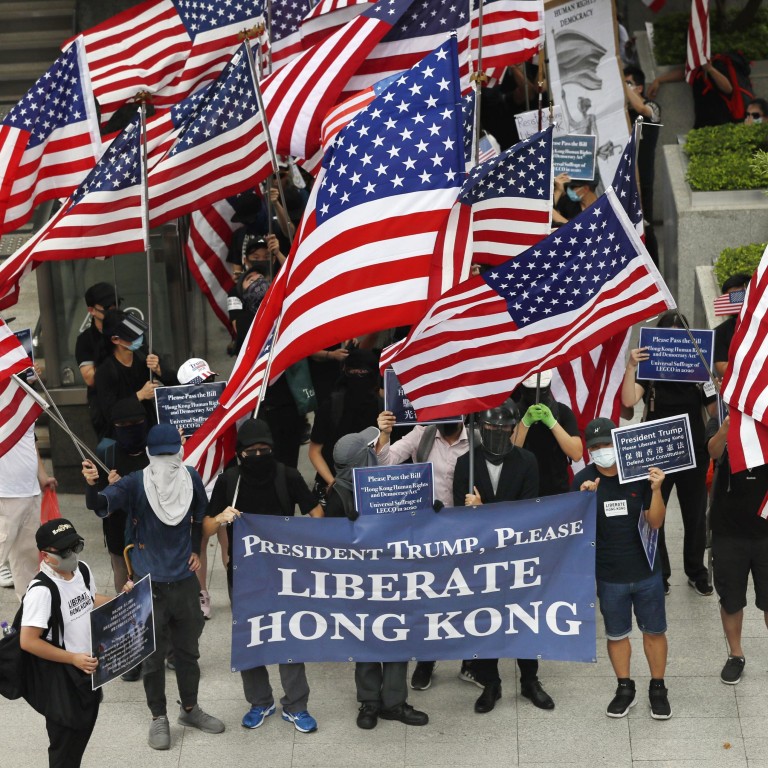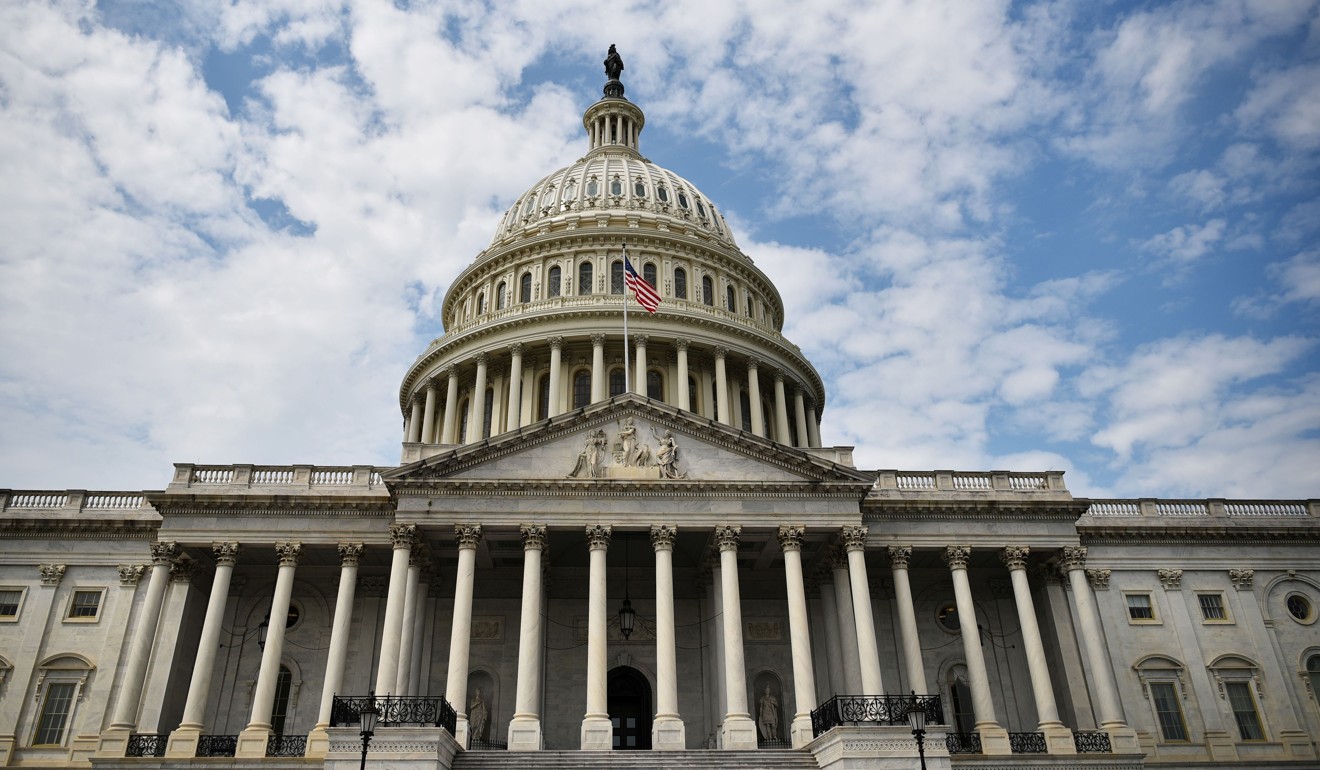
US chambers approve Hong Kong democracy bill, so what happens now?
- Foreign relations committees from the Senate and House of Representatives have given the green light to the draft act but the discussions and voting are far from over
Now that both chambers have voted to approve identical versions, the bill is set to move towards a vote in both the House and Senate in the coming weeks. But the proposal – which could pave the way for diplomatic action and economic sanctions against the Hong Kong government – will need to undergo a lengthy process before it can be enacted into law.

So what happens next?
After winning initial approval the act will now be presented to the House of Representatives by Speaker Nancy Pelosi and to the Senate by Majority Leader Mitch McConnell.
It then needs to achieve a simple majority in each – at least 218 out of 435 votes in the House, and 51 out of 100 votes in the Senate.
If either chamber requires any amendments to be made to the wording of the bill, a joint committee will be set up to ensure the language is the same in both versions, then returned to the House and Senate for final approval.

If Trump decides to veto the legislation, it will return to Congress, where two-thirds of the House and the Senate would have to vote in its favour to override the president and enact it into law.
What the bill is about?
Hong Kong protesters have marched to the US consulate in the city to call on Congress to pass the act, although the process for passing legislation in the US is notoriously slow, often inhibited by disagreements along party lines. But in this case, legislators in both chambers have expressed support for the act, and it is has won high-profile cosponsors from the Republican and Democratic parties.
Hong Kong has been roiled by pro-democracy demonstrations since early June, triggered initially by a controversial extradition bill that would have allowed rendition to mainland China, which could subject individuals to opaque trials across the border.
Under the proposed legislation, the US government would be required to annually assess Hong Kong’s autonomy, its enforcement of US sanctions and export laws for dual-use items – most of which are barred from export to mainland China.
It would also identify individuals who have taken action to “suppress basic freedoms in Hong Kong”, including extraditing people to mainland China for exercising their rights in Hong Kong.
Currently, the chief executive is essentially hand-picked by Beijing and voted in by a 1,200 member committee. Only a small portion of legislators are directly elected.
The Hong Kong act was introduced on June 13 by Christopher Smith in the House of Representatives, which is controlled by the Democrats, and by Marco Rubio in the Senate, where Republicans have the majority. It was subsequently referred to the respective chambers’ foreign relations committees, gaining steam in recent weeks with the number of cosponsors rising to 37 representatives and 22 senators, up from six and seven respectively when it was first introduced.

